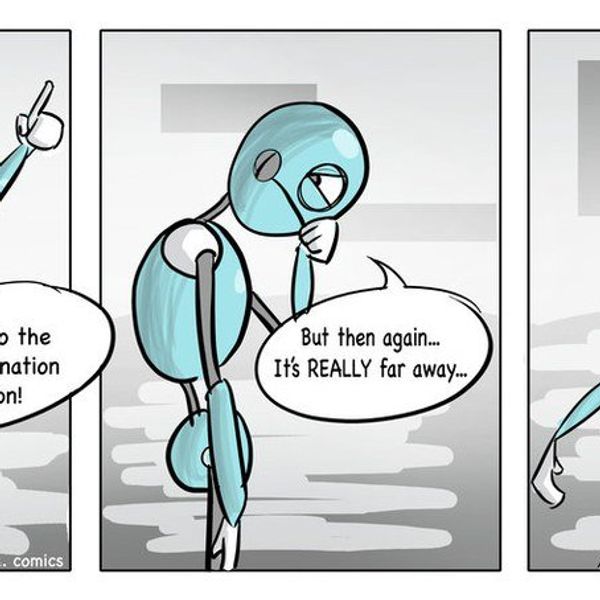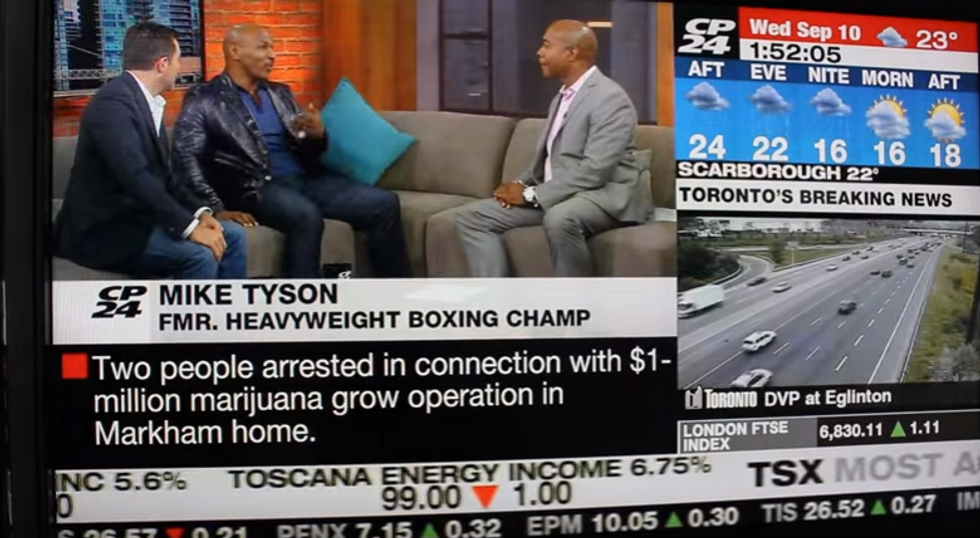In Journalism, one of the most important aspects aside from knowing how to write, is knowing how to interview someone. Many interviews fall to the wayside because of many factors. Bad interviews normally end with the viewer/listener/reader no retaining, or gaining any information about the interviewee.
Let's take, for example, an interview from "60 Minutes" on May 22nd. The interview in question was of President Obama's Senior Advisor, Valerie Jarrett, who is also a very close of friend of Michelle and Barack. It is the worst interview I've ever seen on "60 Minutes" in my life!
Norah O'Donnell of CBS This Morning and Face the Nation conducted this interview. For starters, the interview was limited in discussion because the interview centered more on Jarrett's friendship with the Obama's. Also for part of the interview, O'Donnell is trying to cut Jarrett off in the middle of a sentence to interject another of her poorly prepared questions.
After this, I can only hope that Norah O'Donnell will not be returning to 60 Minutes anytime sooner. As a young journalist learning how to conduct an interview is a difficult skill to master; which presents a certain conundrum for journalists of all ages. What are the rules of an interview?
I'll start at the beginning; which means before the interview begins. Being able to prepare great questions comes from doing research about your interview subject. The more you know about the subject; the better your interview will go.
When compiling your interview questions; don’t go off on a tangent. For example, an interview done by NBC’s Cristin Cooper with Olympic Skier Bode Miller went awry when she repeatedly asked questions about his brother who died not long before the Sochi Olympics.
Here is a transcript of the interview:
Christin Cooper: For a guy who says that medals don’t really matter, that they aren’t the thing, you’ve amassed quite a collection. What does this one mean to you in terms of all the others?
Bode Miller: This was a little different. You know with my brother passing away, I really wanted to come back here and race the way he sensed it, uh, this one is different.
Cooper: Bode, you’re showing so much emotion down here. What’s going through your mind?
Miller: Um, I mean, a lot. Obviously, just a long struggle coming in here. And, uh, it’s just a tough year and, uh…
Cooper: I know you wanted to be here with Chilly, really experiencing these games. And how much does this mean to you to come up with this great performance for him? And was it for him?
Miller: Um, I mean, I don’t know if it’s really for him but I wanted to come here and, uh, I don’t know, I guess make myself proud, but…
Cooper: When you’re looking up in the sky at the start, we see you there and it just looks like you’re talking to somebody. What’s going on there?
Miller: [Silence, then bows his head crying, wiping away tears, Cooper touches Miller on the arm and whispers, "I'm sorry."
Here's how her employer, NBC, responded: “Our intent was to convey the emotion that Bode Miller was feeling after winning his bronze medal. We understand how some viewers thought the line of questioning went too far, but it was our judgment that his answers were a necessary part of the story. We’re gratified that Bode has been publicly supportive of Christin Cooper and the overall interview.”
Now that you’ve come up with your questions it’s time for the interview. Remember don’t get nervous and be calm. Also, make sure you have all the equipment you’re going to need. I personally recommend bringing an audio recorder in addition to taking notes; that way you have a word for word copy of the interview.
When the interview begins, make sure you ask the follow-up question. These can often lead to extremely interesting pieces of information for your story. While the questions you prepared are going to be good; asking the follow up is monumentally more important.
Some questions may be sensitive to the subject, but is something that you as an interviewer want to know. Make sure you ask the more sensitive questions toward the end of the interview because if the interviewee decides to cut you off you have more material for the story. Once major example of this is an interview of Mike Tyson on the Canadian morning talk show, CP24.
In the interview Tyson is supposed to talk about a play he is going to be in, but rather the interviewer discusses a meeting that Tyson had with Toronto mayor Rob Ford, who was embroiled in a substance abuse scandal. By asking that line of questioning at the start of the interview the interviewer sabotaged the entire interview. Mike Tyson reacted to that line of questioning called the interviewer a “rat piece of sh**”; it’s actually quite shocking.
The interview is now over. After the interview just remember to thank the person you interviewed and ask for some sort of contact information. Follow these tips and your interview should go smoothly.
Here are some of the interviews I listed and a few more to learn from.
https://www.youtube.com/watch?v=AiJ-hLWoPQk
Mike Tyson on CP24
https://www.youtube.com/watch?v=6lKS-Et-VmE&feature=youtu.be
Joan Rivers on CNN
http://www.npr.org/templates/story/story.php?storyId=5625218
The Art of the ESPN Interview
http://www.huffingtonpost.com/2014/02/17/nbc-bode-miller-interview_n_4802664.html
Huffington Post Article on Cristin Cooper Interview with Bode Miller
http://www.cbsnews.com/news/60-minutes-white-house-aid-valerie-jarrett-obama/
Norah O' Donell and Valerie Jarrett on 60 Minutes
Bode Miller and Christin Cooper Interview






















